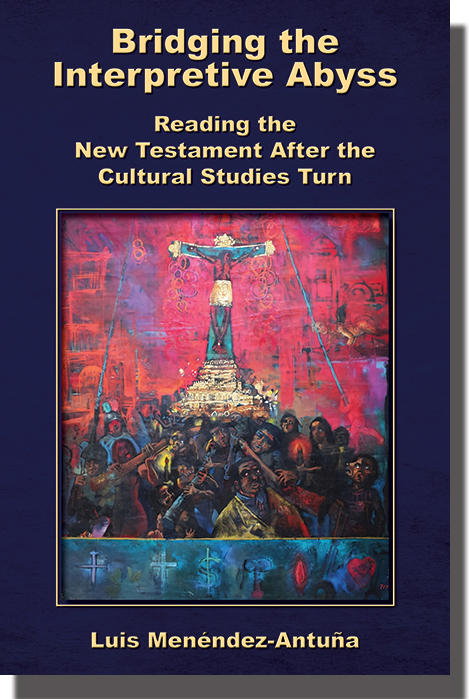
$69.00
As readers and interpreters, how might our understanding of the New Testament change if, unlike historicism with its colonizing agenda and its focus on ancient contexts, we took contemporary global crises, including mass incarceration, a pervasive culture of torture, the HIV pandemic, and the legacies of enslavement, as our starting point for reading biblical texts? Luis Menéndez-Antuña demonstrates how a cultural studies approach that centers twenty-first-century queer existence and experiences of suffering illuminates rather than obscures ancient New Testament contexts. Each chapter weaves together a biblical text, different works of art, and a political crisis. This hermeneutical approach bridges the abyss between the past and present, the Global North and the Global South, biblical scholarship, humanities, and social sciences. Readers coming to the New Testament text with political and ethical concerns will find new emancipatory strategies, making this volume essential reading for scholars and students.
Luis Menéndez-Antuña is Assistant Professor of New Testament at Boston University School of Theology. His contributions have been published in the Journal of Biblical Literature, Critical Research on Religion, the Journal of Religious Ethics, the Journal of the American Academy of Religion, Early Christianity, Biblical Interpretation, and Harvard Theological Review among many others. He is a Fulbright scholar and has received funding by the Hispanic Theological Initiative, the Catholic Biblical Association, the Louisville Institute, and the Wabash Center for Teaching and Learning in Theology and Religion.
Download volume front matter.
Download a printable publication sheet that you can put in your files or give to your librarian or bookstore.
Request a review copy.
